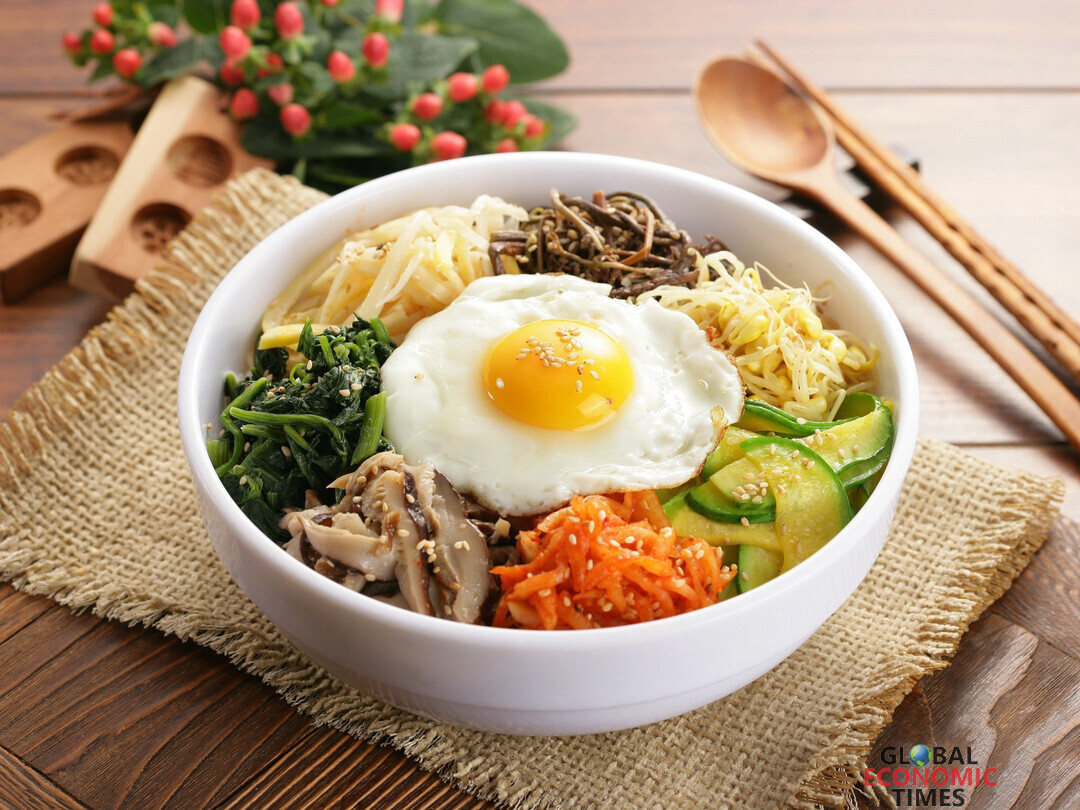
NEW YORK – The conversation surrounding Korean cuisine’s global ascendance took on a forward-looking, cautionary tone at the recent UKF Dreams 2025 event in New York. Industry leaders, including the founder of a $60 million annual revenue food chain, a Michelin-starred chef, and a traditional spirits CEO, convened to discuss strategies for ensuring that K-Food establishes itself as a permanent fixture in the global culinary landscape, rather than fading like an 80s trend.
Song Jung-hoon, CEO of Utah-based Cupbop, which grew from a single food truck into a multi-million-dollar enterprise, emphasized the need for a long-term perspective. He cautioned against temporary hype, referencing the ephemeral nature of J-Pop's global wave in the past. "We hit a home run with Korean food," Song stated, "but we must be careful not to overexert ourselves on the second and third at-bats." He advocated for "branding Korea" rather than just "K-Food," hoping the cuisine achieves the enduring international recognition enjoyed by Vietnamese or Thai food.
The three-day UKF Dreams event culminated in a panel focused on the globalization of Korean food and culture. Chef Hooni Kim, known for his Michelin-starred New York restaurant Danji, argued that the "revolution" of Korean culture started not with music or technology, but with food. He observed that local New Yorkers’ initial interest in the "mom's home-cooking" of Korean immigrants paved the way for the broader cultural wave. Kim added that one of the key reasons for Korean food's success is its inherent healthiness. In contrast to French or Japanese cuisine, Korean food is fundamentally based on natural fermentation, a factor that increasingly appeals to health-conscious diners.
Echoing this sentiment, Kim Dae-ik, the head chef at New York's Michelin 3-star Jungsik, noted the dramatic shift in customer knowledge. He stated that while guests initially knew little about traditional ingredients or menu terms, they now commonly understand staple ingredients like kimchi and jang (fermented sauces). Kim Dae-ik urged chefs to be bold in their interpretations, suggesting that today's culinary innovations, though they might initially deviate from the familiar, could become the new traditions of tomorrow. He championed an inclusive vision, asserting that so long as the cuisine has its "roots in Korea," anyone, regardless of nationality, should be able to create "Korean food."
Meanwhile, Cho Hee-kyung, CEO of the premium distilled soju brand Hwayo and a third-generation successor to the Kwangjuyo Group, emphasized the role of technology in preserving and advancing tradition. The company uses an AI-automated smart distillery to produce 72,000 bottles of Hwayo daily. Cho insisted that relying solely on heritage and manpower is insufficient for safeguarding tradition. She called for the aggressive adoption of AI, which captures and reflects generational preferences, noting that "what constitutes good food this year is not guaranteed to be good food next year," due to consumers’ evolving tastes for sweeter and more stimulating flavors.
In a related talk on K-Culture’s sustainability, Kim Tae-ho, COO of Hybe, stressed the need for evolution beyond merely exporting content. He advocated for K-Culture to become a "Global Culture Builder," embedding itself as part of the local culture in overseas markets. Hybe's strategy focuses on a "multi-home, multi-genre" approach, transplanting K-Pop's successful operational system into local scenes and becoming deeply involved in developing non-Korean artists.
The consensus from the event was clear: the current K-Food momentum is undeniable, but lasting global success requires moving past the "K-" branding, embracing innovation while respecting the core health and fermentation-based philosophy, and leveraging technology to adapt tradition for modern palates. The goal is not a temporary boom, but a global permanence akin to that of major established world cuisines.
[Copyright (c) Global Economic Times. All Rights Reserved.]




























